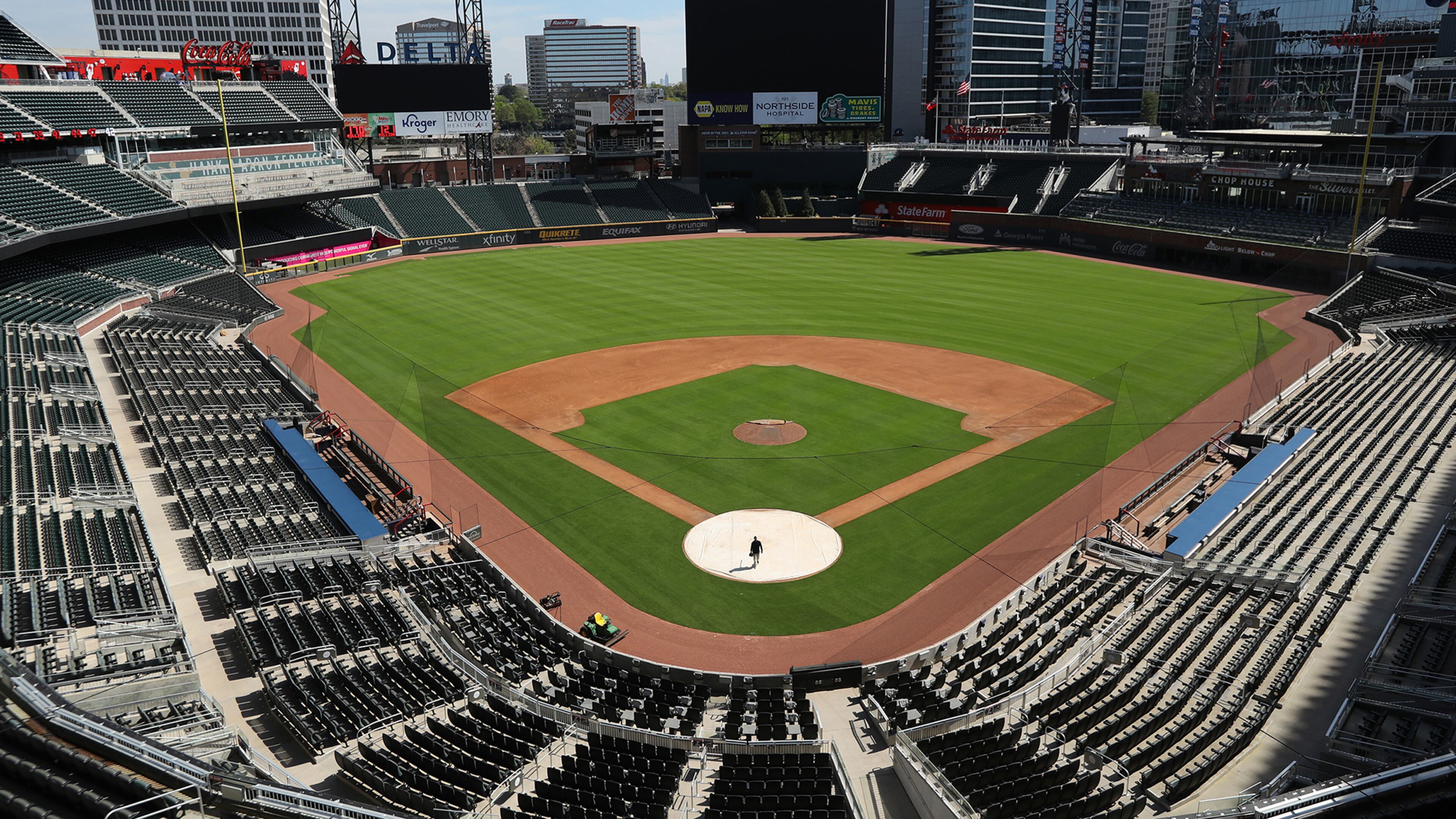Will there be a Braves season? Here’s where things stand now

Announcements by the NBA, NHL and MLS of plans to resume their seasons this summer apparently didn't push MLB to follow suit.
Tony Clark, executive director of the MLB Players Association, announced in a statement Thursday night that the union's executive board and more than 100 "player leaders" met by conference call and "resoundingly rejected" the owners' proposal of additional pay cuts to start the pandemic-delayed season.
Strip away all the spin, and this is where that leaves the question of whether there will be a Braves season, an MLB season, this year:
• The players are clinging to one part of a deal made in March, the part that calls for them to be paid a prorated portion of their contracts for each game played this season (in other words, 1/162nd of what would have been their full-season salary for each game played.) The players' position is that means the pay issue was settled, once and for all.
• The owners are clinging to another part of the March deal, the part that says the parties "will discuss in good faith the economic feasibility of playing games in the absence of spectators" if necessary. The owners' position is that means the pay issue was settled only if games are played with fans in attendance, which won't be the case when/if the season starts.
So, if the stalemate persists between those two incompatible positions, what happens?
The March agreement appears to give MLB Commissioner Rob Manfred the power to set the schedule after “good faith” discussions with the union. Clark said Thursday that MLB has made a “threat” to schedule a dramatically shortened season — reportedly as few as 40 to 50 games — unless the union makes further pay concessions. Such a shortened season would effectively cut the players’ pay — that is, paying them their prorated salary per game but providing far fewer games than the 82 or so that could reasonably be scheduled in July, August and September.
Any student of baseball’s past labor disputes knows the union would find ways to fight back against that approach, such as arguing there had not been “good faith” discussions or refusing to agree to expanded playoffs, which the owners are believed to want to make up some lost revenue.
It's a mess, as negotiations between MLB and the players' union usually are.



